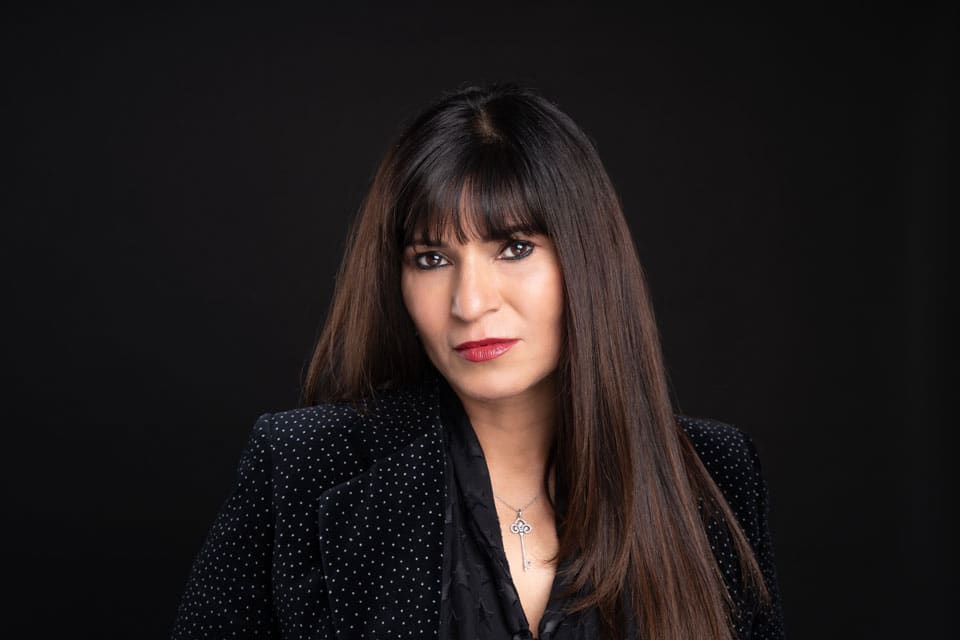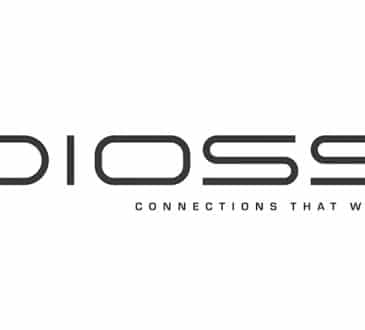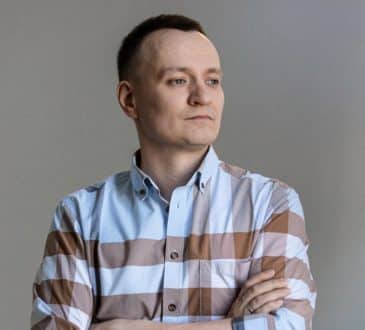How can we understand the dynamism of the world of work? Here is Fariyal Khanbabi’s recipe

The world of work is increasingly dynamic. Every day, companies and people are confronted with new, exciting, and complex challenges. A large number of more or less predictable variables can jeopardize this complex environment. These include, for example, the growing number of companies in different sectors, inflation, the Covid pandemic, etc.
There are so many questions about this topic, and today, we have the opportunity to hear some answers from an expert, Fariyal Khanbabi, CEO of Dialight PLC.
Hello Fariyal; thank you for being here and sharing your experience with us. Let’s start with an overview of your career and your current role in Dialight. Who are you and what do you do?
I’m Fariyal Khanbabi, CEO of Dialight, the world leader in industrial LED lighting for harsh and hazardous applications. I have had a longstanding background in both finance and tech, having held executive positions at East LTD and Miva Media. Prior to joining Dialight in 2014, I was the Chief Financial Officer at Harvest Energy, where I became enthralled with sustainable technology. This passion was ultimately what inspired me to make my move to Dialight where I began as CFO and am currently CEO.
Tell us about Dialight. What is this company specialised in?
At Dialight, we specialize in lighting products for industrial applications that are engineered to improve safety and sustainability at these facilities. Industrial worksites are some of the most challenging on the planet with harsh environmental conditions including: high heat, vibration, corrosive atmospheres, dust and debris, etc. All of these factors can take a toll on equipment including lighting. However, without adequate illumination of hazards, risk of serious injury and even death can occur. Our products are designed to withstand these conditions over their lifespan and we also offer an industry-leading warranty. In addition to my role at Dialight, I am also a Board member of the National Association of Electrical Distributors (NAED) nonprofit organization NERF.
You mentioned NAED NERF. What is it?
NERF is NAED’s Education and Research Foundation which was established to provide education, training, and research to help NAED members innovate, embrace new technologies, and perform at a higher level. In a rapidly evolving world, understanding new technologies and trends helps our member organizations to be more resilient and on the leading edge of impactful solutions for the industrial sector.
Let’s focus on the market sector in which you operate. What are its distinctive features?
We focus on the industrial sector which includes everything from general manufacturing to food and beverage production to power generation and everything inbetween. In addition to what I previously mentioned regarding challenging environmental conditions, one of the most distinctive features about the industrial sector at this point in time is how it is rapidly evolving to meet sustainability demands. The industrial sector is responsible for 1/3 of greenhouse gas emissions worldwide making it a significant player when it comes to enacting change in this regard. Technological innovation with regards industrial equipment is helping the sector to become greener and we at Dialight are proud to offer solutions to meet this need.
You mentioned keywords such as technological innovation and sustainability. How has the sector evolved and what are the future prospects for change?
Sustainability is gaining traction at all of the industrial vertical markets in which we operate. Even in the most heavy emitting sectors, executives are actively looking for solutions to draw down their carbon impact in a meaningful and measurable way. We are seeing more sustainability directors involved in equipment purchasing decisions and companies seeking technological advancements that offer measurable performance in this regard. Sustainability based KPIs are also becoming a part of executive compensation in many cases helping to drive this way of thinking at all levels of the organization. We expect the trend to continue to move in this direction with decision-makers demanding more of their suppliers in terms of impactful solutions.
In this scenario you have just described, what strategy should be adopted?
In order to meet the increasing demands of a world focused on sustainability and safety, organizations need to thoughtfully consider the big picture in terms of a product or service’s long-term value and impact. Rather than purchasing cheaper, poorly made products that can create costly problems and excess waste down the line, they should focus on investing in highly efficient products built to last that will ultimately save them on energy usage, maintenance and repairs, and lost work time from incidents and accidents. Some of the ways companies are investing in sustainable infrastructure include: exploring localized supply chains, investing in renewable energy at their sites, and prioritizing energy efficient equipment such as HVAC systems, air compressors, and industrial grade LED lighting.
What does this resilience strategy consist of? Can you give us some examples and explain how and when was it born?
A resilience strategy, especially when it comes to the industrial sector, involves a plan to withstand and recover from a variety of disruptions and challenges including things like supply chain shortages, economic downturns, natural disasters, and technological changes. Over the past several years, these ‘what-ifs’ have become real scenarios that companies have had to navigate to remain in business. A resilience strategy is not a new concept, but has become all the more crucial in recent years where these issues have become a reality and also in a world where consumers and investors are demanding businesses be held to the highest standards while also providing continuity. For us at Dialight this has included dual or triple sourcing of difficult to access critical components and stockpiling products to meet anticipated demand at times. Dialight products themselves have become a part of this strategy for our customers in large part due to the long-life maintenance free performance of our products, safety benefits, energy efficiency, and future upgradeability which remove the complexities of trying to manage fragile replacement bulbs and ballasts that are ultimately being phased out because of environmental mandates.
Each sector has its own unique characteristics, but I think the idea of a global market is emerging and has common aspects that can overcome these differences. Today we had the pleasure to hear the successful experience of a globally influential CEO as Fariyal Khanbabi.
I believe that learning from the experiences of people who have achieved important milestones is the most effective way to understand certain nuances that can’t be understood on a theoretical level.
Thank you Fariyal for the time and passion you shared with us.
Have you read?
Top Women CEOs of America’s largest public companies (2023 List).
CEOs Of The Top Footwear Companies You Should Know.
Top CEOs of the World’s Largest Media Companies In 2023.
Best International High Schools In The World, 2023.
Revealed: The World’s Best Airline CEOs, 2023.
Add CEOWORLD magazine to your Google News feed.
Follow CEOWORLD magazine headlines on: Google News, LinkedIn, Twitter, and Facebook.
Copyright 2024 The CEOWORLD magazine. All rights reserved. This material (and any extract from it) must not be copied, redistributed or placed on any website, without CEOWORLD magazine' prior written consent. For media queries, please contact: info@ceoworld.biz








